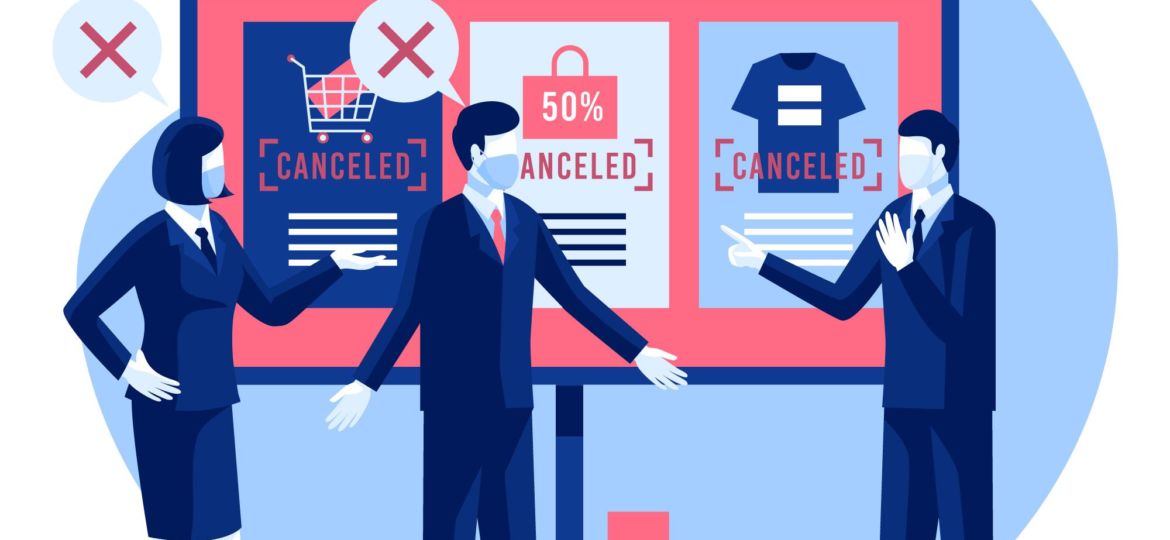
What you should know: 5 steps you can take to avoid product liability in online marketplaces under US law
In our recent article on 3rd party liability in the EU, we quoted Dylan to highlight the changing EU law in eCommerce. Perhaps Chaucer said it better, “Time and tide wait for no man.” You shouldn’t wait for the laws on online product liability to settle. In this article we share five steps you can already take to protect your business from product liability exposure under US law.
First a bit of background on US law concerning online marketplace liability. In several recent court rulings since starting in 2015 with Oberdorf vs. Amazon, courts are now looking beyond title, that is ownership of the product, to consider other issues. What is the level of control over the product / 3rd party by the marketplace? When a platform has extensive control of the process, for example by determining T&Cs or access to the customer, the third-party seller’s reliance on the marketplace means they become more a provider of inventory than an independent seller. Does the platform have responsibility for putting the product in the “stream of commerce”? This applies to the marketing and sales power of the platform to advertise the product in the marketplace.
So how you can ensure you comply with the law now that the US courts are taking a more contextual approach to liability?
- Conduct due diligence on third-party sellers.
Know your seller. Conduct thorough due diligence on third party sellers before allowing them to sell products on your platform. This could include verifying their identities, checking their business licenses and permits, and checking their product listings and sales history. Look at your policies and procedures for monitoring and enforcing compliance with your terms and conditions, such as rules governing product safety and quality.
- Implement Effective Risk Management.
What strategies do you have in place to minimize the risk of liability? Do you conduct regular product safety and quality audits? What kind of product warnings and instructions do you provide on your platform? Is there a robust product recall plan in case of safety issues?
- Obtain adequate insurance coverage.
Especially in the litigious US marketplace, adequate insurance coverage can protect your business from the financial impact of liability. This could include general liability insurance to protect against claims from bodily injury or property damage, as well as product liability insurance to cover claims on defective or dangerous products. You should also consider obtaining cyber liability insurance to protect against data breaches or other cyber risks.
- Comply with applicable regulations.
This isn’t always easy in large markets in the US with federal and state laws. However, it pays to be aware of all relevant laws governing product safety and labelling as well as any industry-specific regulations that may apply to your business. Are you aware of the liability standards established by courts in your jurisdiction?
- Seek legal advice.
Finally, you should seek legal advice with attorneys who are familiar with laws governing liability for third-party products on online marketplaces. We can help you understand your legal obligations and liabilities, review your contracts and policies, and provide guidance on risk management strategies and insurance coverage.
In conclusion, avoiding liability for products sold by third-party sellers on online marketplaces requires a comprehensive approach that includes due diligence, risk management, insurance coverage, regulatory compliance, and legal guidance. By following these five steps, you can minimize your exposure to liability and protect your brand reputation in the highly competitive online marketplace.
For more information on how Logan & Partners can help you, please contact Jana King Allen.
Image by Freepik.


